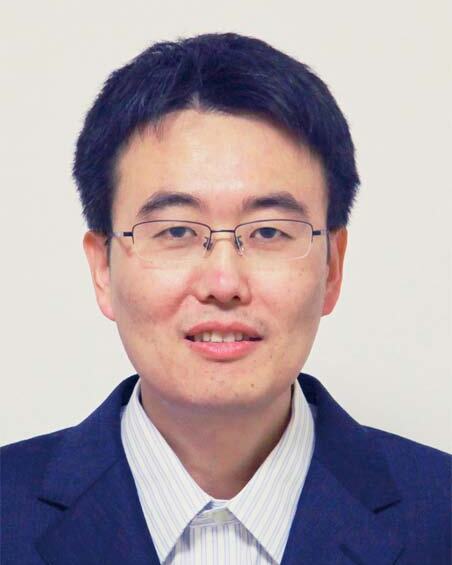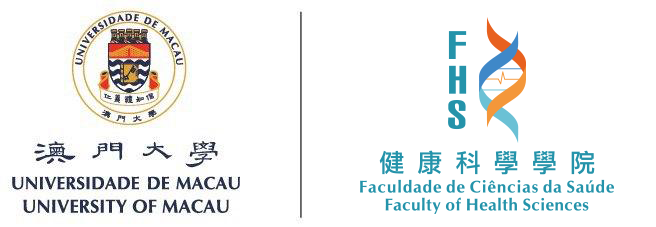
Tue, Wed 16:00 – 17:00
| Name | Position | Office | Phone | |
|---|---|---|---|---|
| Dan CHEN | PhD Student (Lab Representative) | |||
| Hengyi FU | PhD Student | |||
| Huijun LI | PhD Student | |||
| Ruoyao WANG | PhD Student | |||
| Yuewen WANG | PhD Student |
| Education | |
| PhD | University of Wisconsin-Madison (Immunology), 2001 |
| MEng | Cornell University (Computer Science), 2002 |
| BSc | Peking University (Biochemistry & Molecular Biology), 1996 |
| Position | |
| 2022 – Present | Associate Professor, Faculty of Health Sciences, University of Macau |
| 2017 – 2022 | Principle Investigator, CAS-MPG Partner Institute for Computational Biology, Shanghai Institutes for Biological Sciences, Chinese Academy of Sciences, Shanghai, PR China |
| 2011 – 2017 | Principle Investigator, Shanghai Advanced Research Institute, Chinese Academy of Sciences, Shanghai, PR China |
| 2006 – 2011 | Research Associate, La Jolla Institute of Allergy & Immunology, La Jolla, CA, USA |
| 2003 – 2006 | Postdoctoral Researcher, Computational Systems Biology Laboratory, University of Georgia, Athens, GA, USA |
| Research Interests |
| Our research interests are to obtain a quantitative understanding of the dynamics of tumorigenesis, particularly metastasis; and to develop mathematical characterizations of the common principles underlying tumor heterogeneity. We also have a strong translational interest to develop effective therapies for cancer driven by systems biology and data science.
Currently our research focuses on three directions. The first direction is computational systems biology of cancer. We are combining computational and systems biology strategies to understand how dynamic and heterogeneous regulatory networks drive metastasis, and to decipher the quantitative rules that dictate how certain combination of mutations could drive tumorigenesis. The second area of active research is cancer data science. Currently we are interested in developing novel algorithms for single-cell omics data analysis, regulatory network inference, and multi-modal omics and clinical data integration. Finally, we are actively pursuing translation research to develop novel biomarkers for early cancer/metastasis detection, and combinatorial therapeutic strategies to overcome drug resistance. |
| Representative Publications |
|
| Full Publications List |
| Research Grants | |
| 2018 – 2022 | MOST of the People´s Republic of China grant Y82FC51011 (project PI, 2.6 million yuan) |
| 2016 – 2020 | NSFC grant 31671380 (PI, 600K yuan) |
| 2013 – 2016 | NSFC grant 31271413 (PI, 800K yuan) |
| 2013 – 2015 | Hundred Talents Program of Chinese Academy of Sciences (PI, 2.6 million yuan) |
| 11/2012 – 10/2014 | Science and Technology Commission of Shanghai Municipality grant 12DZ1910800 (PI, 3.1 million yuan) |
| Awards |
| Hundred Talents Program of Chinese Academy of Sciences (2013) |

